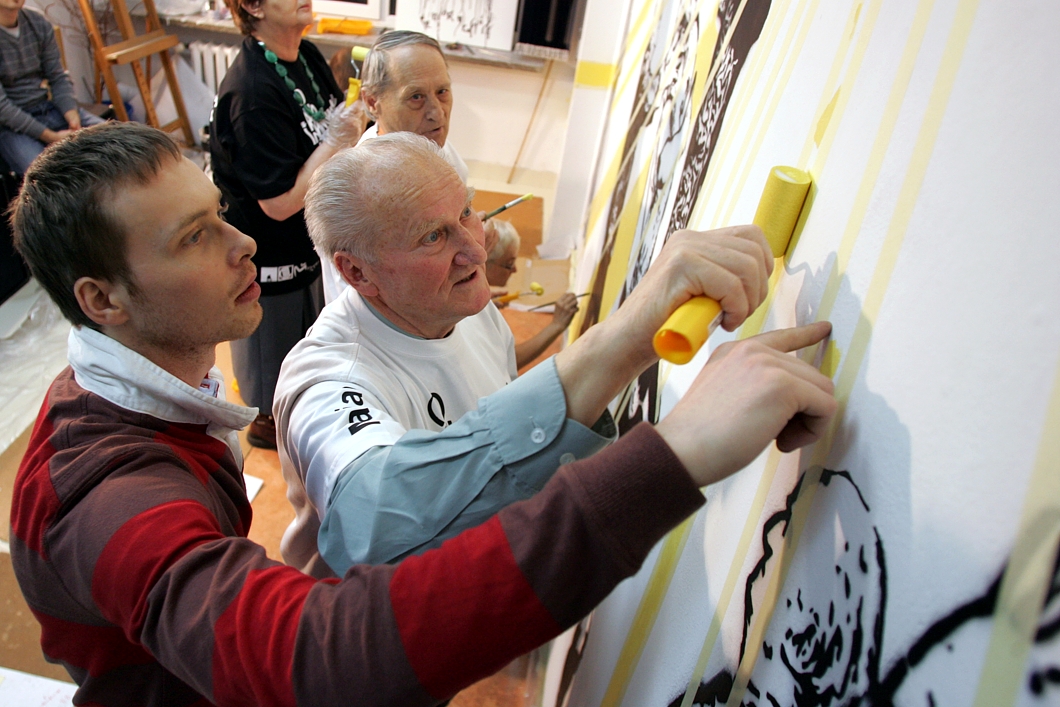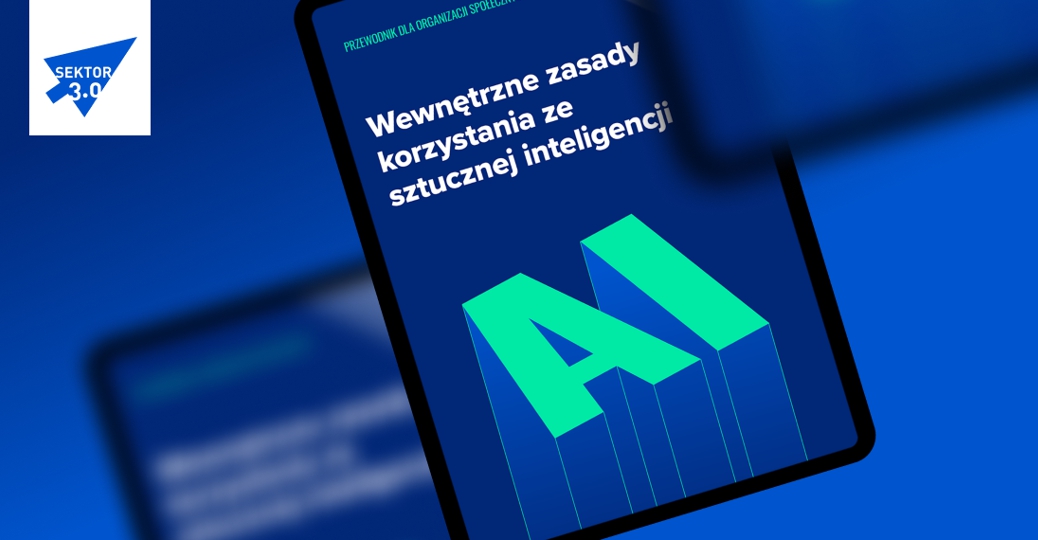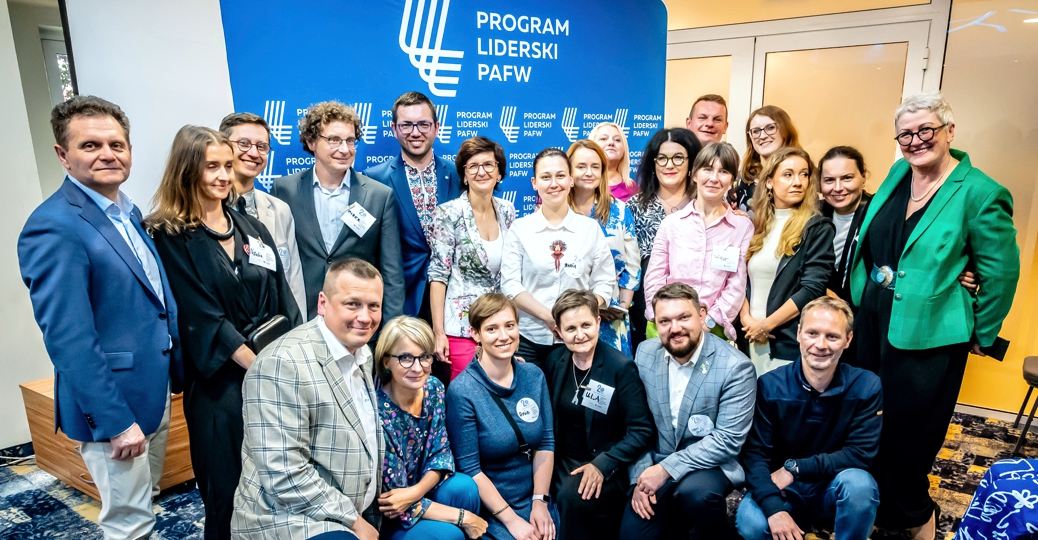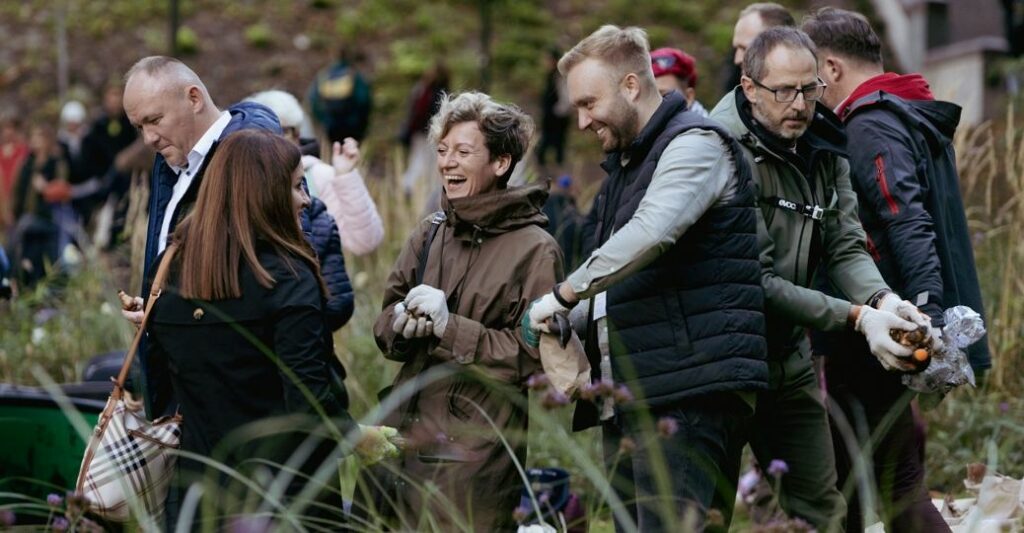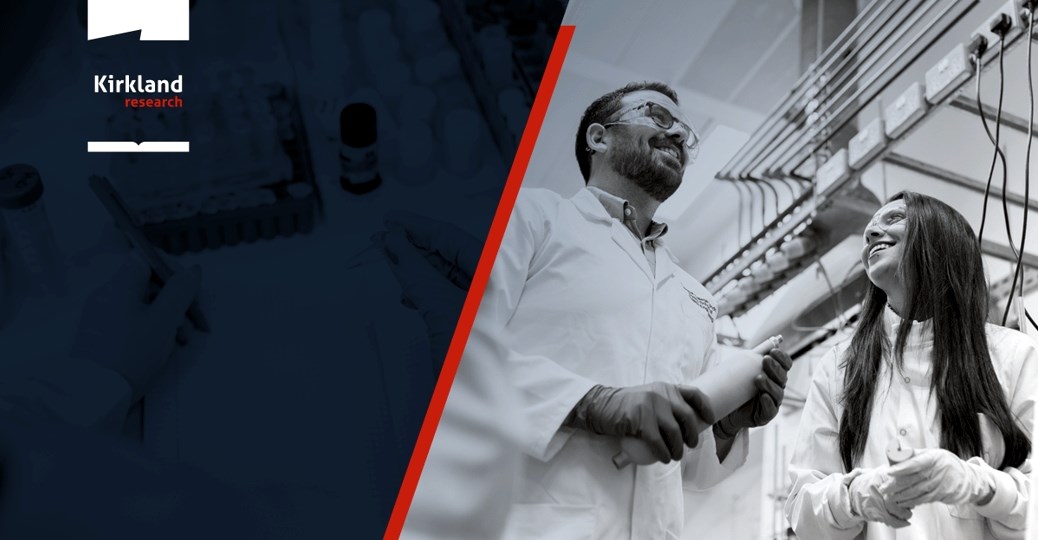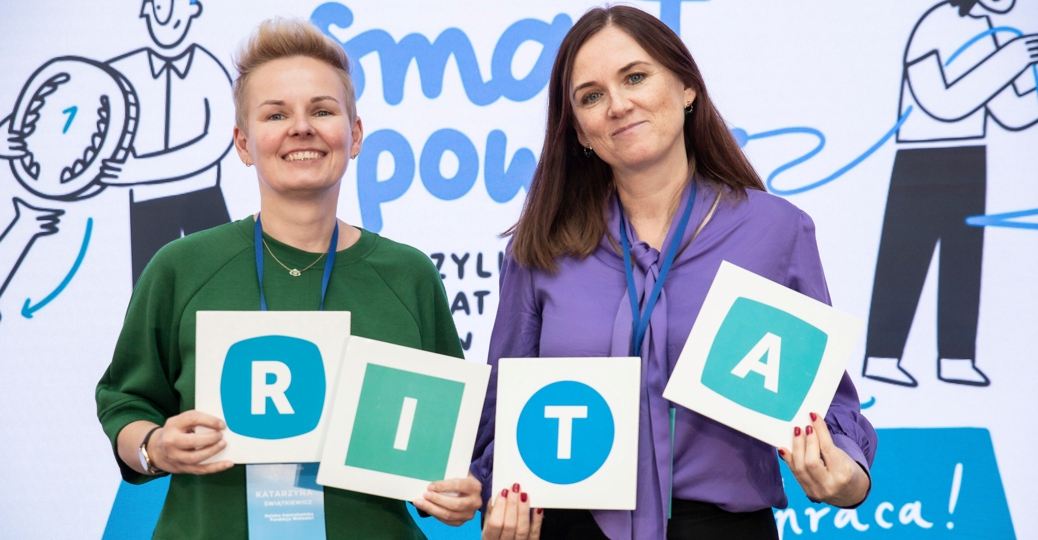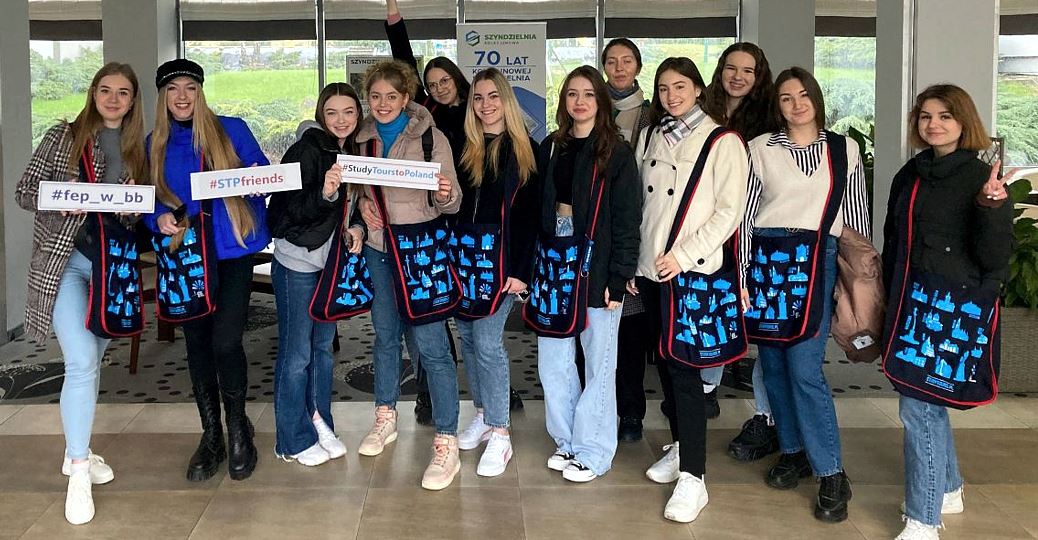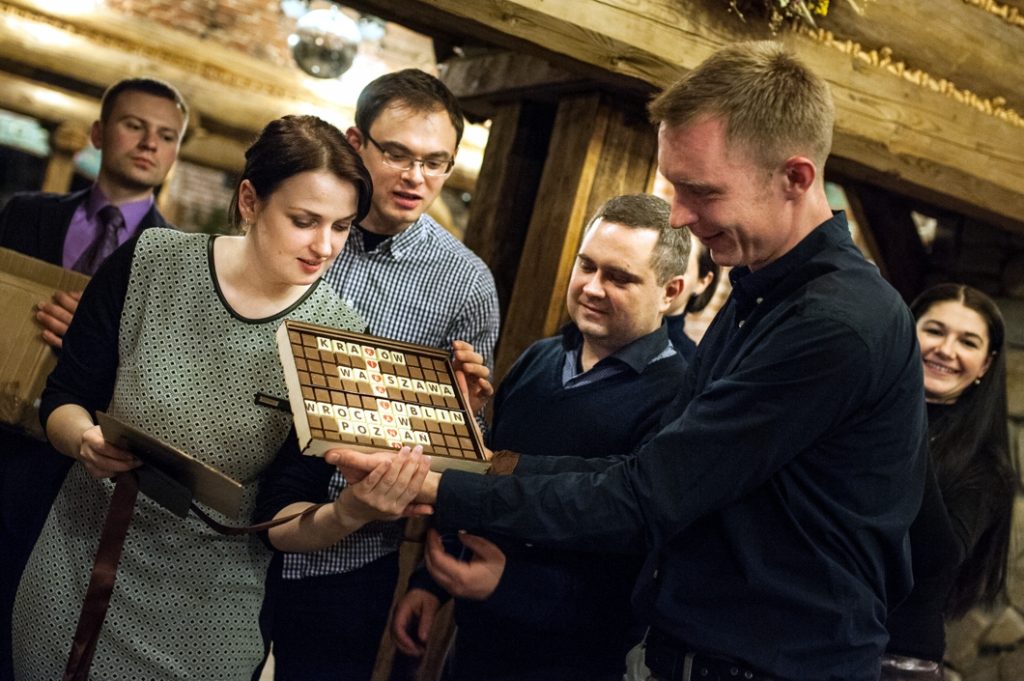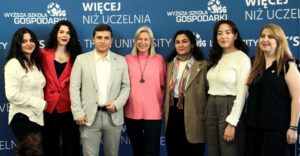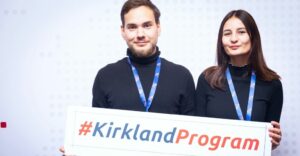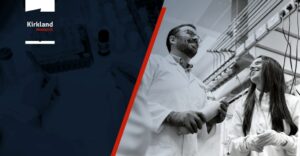On March 9-11, the scholarship holders took part in various meetings devoted to local government and NGOs which allowed them to learn about good practices in the area of local development and support for civil society worked out at the regional and local levels. The guest of the scholarship holders’ meeting was Andrew Nagorski, the Chairman of the PAFF Board of Directors.
The three-day meeting was attended by 45 of this year’s scholarship holders studying at five Polish universities: in Lublin, Kraków, Poznań, Warszawa and Wrocław. The scholarship holders’ meeting in the capital of Małopolskie Province started with the visits to the Wawel Cathedral and the Museum of the Jagiellonian University. In the Aula of Collegium Maius they were welcomed by Prof. Maria-Jolanta Flis, the Vice-President for the development of the Jagiellonian University.

In his address Andrew Nagorski referred to his own studies at the Jagiellonian University. The Czesław Niemen’s song “This world is strange”, popular in Poland at that time, was used by the Chairman of the PAFF Board of Directors as the starting point to share his views on the contemporary world. “You are facing much more serious challenges then they used to be. The challenges in form of the world that is much less obvious, does not give simple answers that would point to good or bad solutions,” Andrew Nagorski said. The Chairman of the PAFF Board of Directors mentioned also last year’s 15th anniversary of the Polish-American Freedom Foundation which was attended by some 300 Kirkland Program alumni, expressing his belief that the Program will strengthen ties between the scholarship holders and Poland.

The important element of the scholarship holders’ meeting in Kraków was also the lecture devoted to the basics of a state ruled by law given by Prof. dr Andrzej Zoll, former President of the Constitutional Tribunal and former Ombudsman.

The Kirkland Scholarship holders also paid a visit to Radio Kraków, where they had an opportunity to learn how the local media work and discuss with the journalists – Jacek Bańka and Marcin Kotrzyba – the role of radio in social life. They also met Grzegorz Lipiec, a member of the Małopolskie Province Management at the Marshal’s Office with whom they spoke about cooperation of the local government with NGOs.

The Kirklanders were also interested in the “Just Fashionable! Fashion in the People’s Republic of Poland” exhibition at the National Museum. They were shown around by curator of that exhibition Joanna Regina Kowalska. The scholarship holders not only saw the collection of outfits that were worn by Poles in the whole period from 1940s to 1990s but also learned about the details of creation of an exhibition at the museum.

An interesting event was the Kirklanders’ visit to Zator, a commune in Oświęcim district which effectively uses its tourist and investment potential. Representatives of the Zator local government presented the Kirklanders with the commune development program, including the ways of raising funds for investment, and told them about challenges faced by Zator.
The objective of the Lane Kirkland Scholarship Program, implemented since 2000, is to share Polish experiences in transformation and European integration with representatives from Eastern Europe during two-semester complementary studies at Polish universities. The program is currently addressed to candidates from Ukraine, Russia and Belarus as well as Moldova, Georgia, Armenia, Azerbaijan, Kazakhstan and Kirgizstan. Under individual study programs, Lane Kirkland scholarship holders study selected aspects of economics and management, public administration and business, law, social and political sciences, and journalism. Polish-American Freedom Foundation is the initiator and founder of the Program while the Education for Democracy Foundation is its manager. Since the beginning of the program, the two-semester complementary studies at Polish universities have been completed by 654 people, including 340 students from Ukraine, 133 from Belarus, 46 from Georgia, 40 from Russia, 24 from Armenia, 18 from Kazakhstan, 18 from Moldova, 12 from Lithuania, 10 from Slovakia, 6 from Azerbaijan and 7 from Kyrgyzstan. Most of the scholarship holders studied economics and management as well as public administration.









